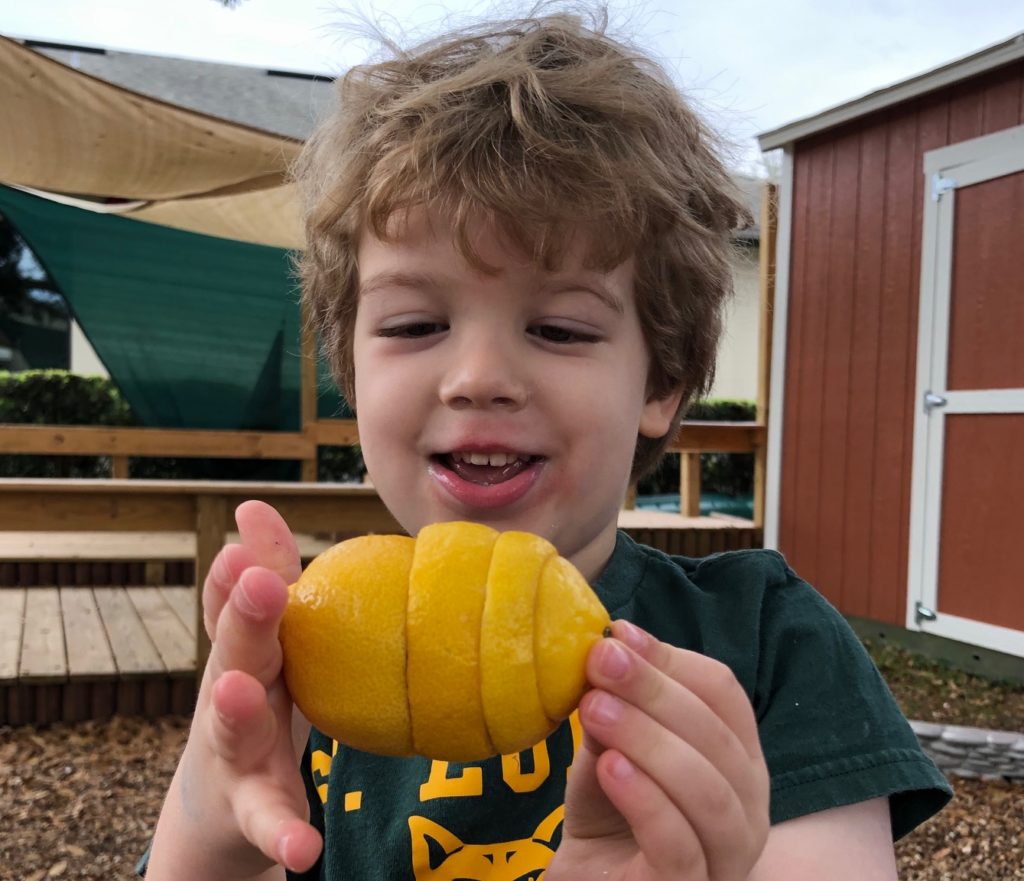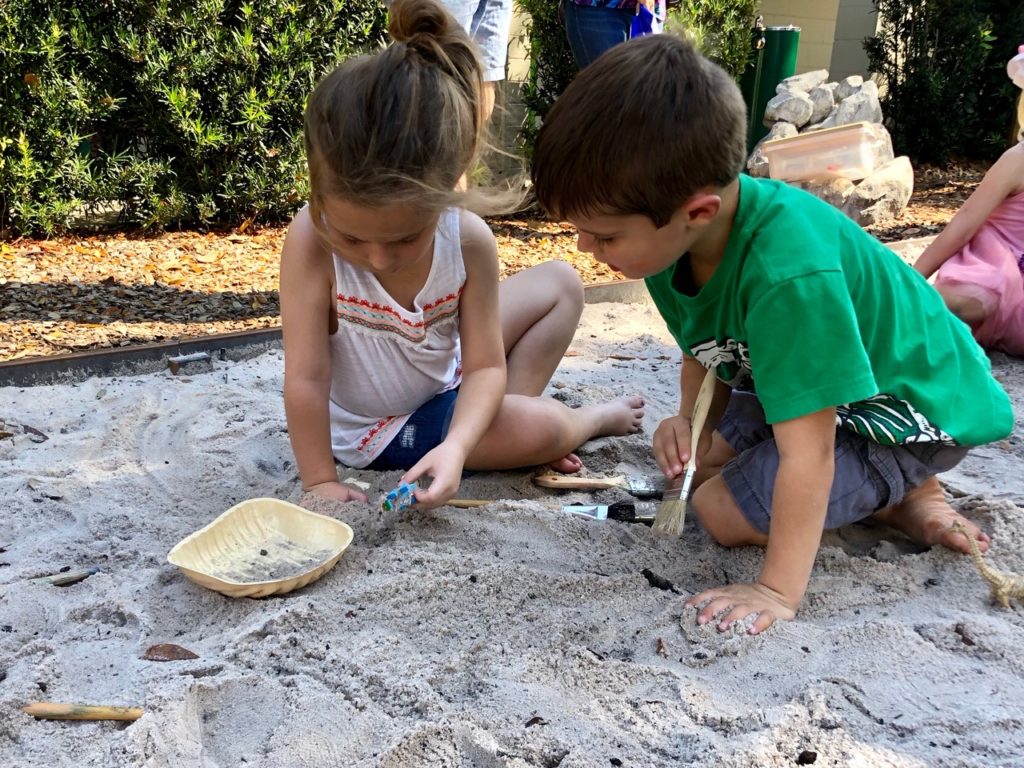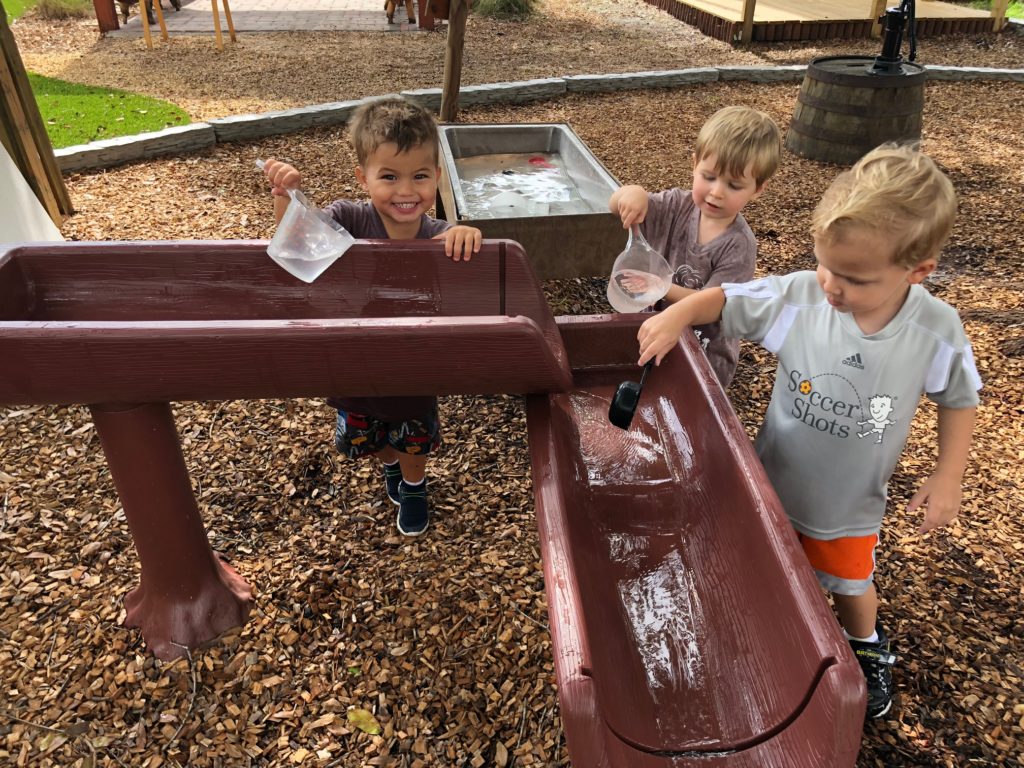Independence and preschooler? Do those words even go together? In fact they do and it is important to discuss ways that we as teachers and parents can encourage and instill skills of independence at a young age. These skills that children are constantly developing when they are young help lay a solid foundation for their future. Now, this is not to say that children need to make every single decision for themselves, but allowing them to make certain choices by themselves boosts their self-esteem and makes them aware that they have a sense of control over themselves and their environment. Here are ways to foster independence in preschoolers and the importance of each:
1. Clean-Up
As simple as this sounds, allow children to clean up after themselves. Whether it’s putting toys away that they took out or wiping up their spot where they had lunch, this is a great way to encourage independence and allow children to take responsibility for the messes that they make. This is also teaches them skills that they will need when they are older, so they are able to do things for themselves and not always have to rely on someone else.
2. Problem Solvers
This might be a challenge for some parents/teachers because it’s hard not to intervene when a child is having a small problem and just fix it for them real quick, BUT allow children to try and solve their own minor problems. Before intervening in every situation, let children have some time to figure it out for themselves. What a boost of confidence this will give your child if they are able to fix it independently!

3. Resourcefulness
In addition to encouraging problem solving in children, having them ask a friend or a sibling for help instead of teacher or parent is teaching them resourcefulness, which is the ability to find to quickly find a way out of a predicament. This also exposes children to social skills when interacting with peers, like the appropriate way to ask for help, being patient when someone is trying to help, and is empowering to children when they are able to solve their problem, especially using teamwork.
4. Helpfulness
Surprisingly, most children love helping with cleaning tasks. Have children take care of their classroom, like organizing the book shelf, putting toys away in the correct bins, etc. which gives them a sense of responsibility to take care of the things they use, so they are able to use them in the future. They will learn quickly that if they don’t take care of their toys or books, there won’t be any left for them to play with or read! Also, giving children their own jobs around the house or classroom helps teach independence. Whether it’s drying dishes or turning out the lights, it gives each child this sense that “I am able to do something on my own and do it to the best of my ability.” Letting children know that they are able to do something independently and successfully is a huge accomplishment for a youngster and is a confidence booster for sure.

5. Choices
Letting children make their own choices is another way children become independent. This does not mean letting children have their way all the time, but allowing them to choose what chore they would like to do or where they would like to sit for lunch. This enables children to take control of their decisions and not always have to be told what to do. Making choices for ourselves is something we do throughout our entire lives, so encouraging this at a young age is so beneficial.
6. Routine
Routines are very helpful and important, especially with younger children. Knowing what will come next or having a set schedule for how things happen at home or school can give children a sense of control, security, and predictability. It also teaches children about time management and sets boundaries/guidelines for them throughout their day. When a child knows what is coming next, they are more likely to participate in that particular activity and do so on their own.
7. Risk Takers
This might be another hard concept for parents and teachers because our natural instinct is to protect our kids from any harm or danger. By doing this, we are not allowing children to figure out how to overcome their own challenges and therefore how will they ever be able to do this when they are older? By letting children take risks, we are encouraging internal decision-making, like “should I jump off the swing?” and then allows them to think through if that is a good idea or learn from experience and realize that jumping off the swing is not a good idea and they should get off the swing a different way. This is independent thinking at work!

Here are some additional activities that foster independence and can easily be integrated into your everyday routine:
- Picking out own clothes for school, bedtime, etc.
- Setting table for meals
- Taking care of a pet
- Putting away toys, clothes, shoes, etc.
- Packing/preparing lunch